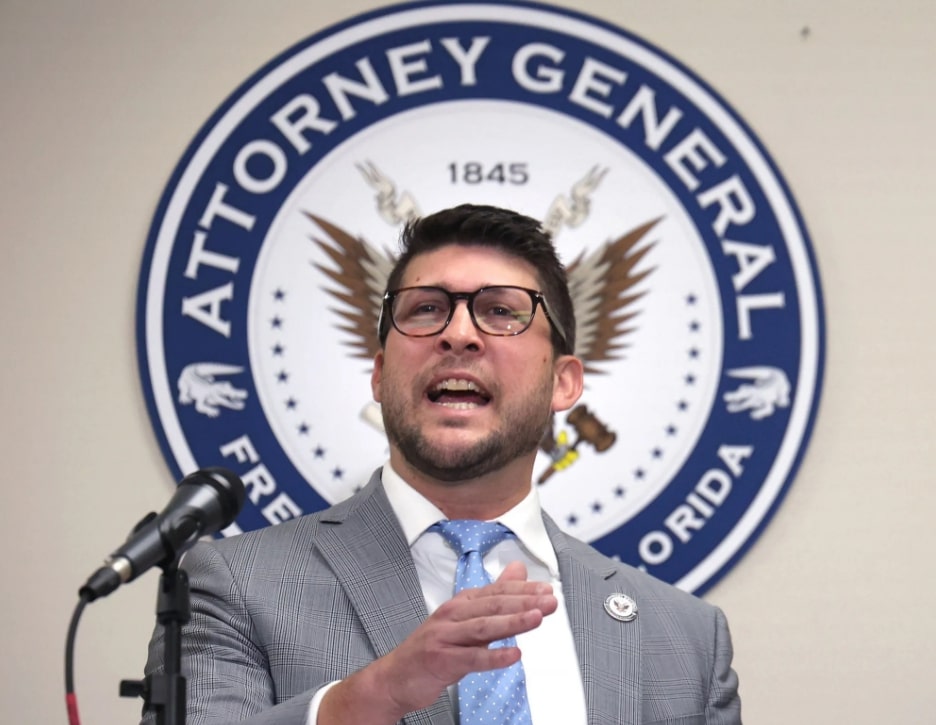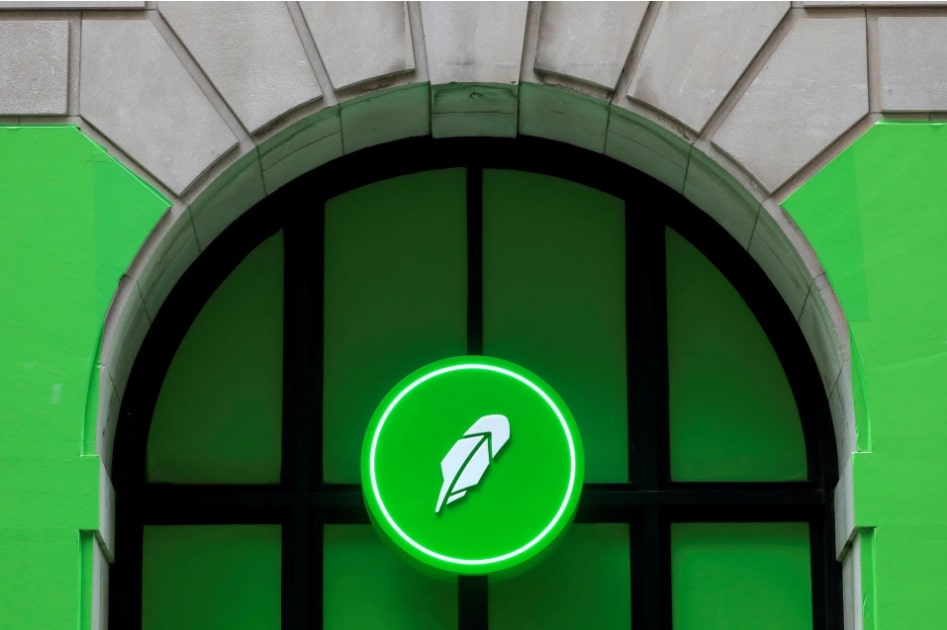Key Takeaways:
- Florida’s Attorney General has launched an investigation into Robinhood Crypto for potentially misleading claims about offering the “lowest cost” crypto trades.
- The probe centers on Robinhood’s payment for order flow (PFOF) model, which may result in less favorable pricing for users.
- A subpoena demands internal documents by July 31, 2025, as the AG seeks to determine if the platform violated Florida’s consumer protection laws.
Florida’s Attorney General, James Uthmeier, is turning up the heat on Robinhood Crypto. His office has initiated a formal investigation and issued a sweeping subpoena, challenging the company’s long-standing marketing message that users “get the most crypto for their money.”
The investigation targets whether these claims mislead users—particularly in light of Robinhood’s behind-the-scenes business model that relies on routing trades to third-party firms. If proven deceptive, the outcome could reshape how commission-free crypto platforms present their pricing.


Read More: OpenAI Denies Involvement in Robinhood’s Controversial Tokenized Stock Launch
What Triggered the Investigation?
Robinhood Crypto, a division of Robinhood Markets Inc., promotes itself as the most cost-efficient way to buy and sell crypto. According to the Florida Attorney General’s office, there’s evidence this might not be true.
The inquiry centers on whether Robinhood’s marketing and advertising materials break Florida’s Deceptive and Unfair Trade Practices Act, a law intended to shield consumers from advertising that is false or misleading. The AG argues that customers might be paying more than they think, especially in comparison with other markets where it’s more clear what a customer is paying for.
Robinhood’s platform is commission free, but it makes money by selling its order flow—a third party pays for the right to execute the trade, called payment for order flow (PFOF). This structure could lead to worse prices on trade execution for users, according to Uthmeier; while trades are essentially more expensive despite being labeled “zero commission”.
Read More: Robinhood Launches Micro Crypto Futures, Unlocking XRP and Solana for Small Traders
Breaking Down the PFOF Model
How ‘Commission-Free’ Can Still Cost More
Robinhood’s PFOF model is common among retail trading apps. Here’s how it works:
- A user places a crypto trade on Robinhood.
- Instead of executing it directly, Robinhood routes the order to a market maker (a third-party firm).
- That market maker fills the trade and pays Robinhood for the order flow.
- The market maker makes a profit by offering slightly less favorable pricing to the user.
This is how Robinhood makes money without charging any direct fees. But that doesn’t mean it’s the least expensive for users. And indeed, the other platforms out there, that company with the all-in price may actually generate higher net returns per trade.
To the Florida AG, Robinhood’s marketing doesn’t do a good enough job at telling users about these behind-the-scenes expenses. Although the company touts commission-free trading, it might not mention that prices on executed trades can be worse than on providers that have upfront fees but tighter spreads.
Scope of the Subpoena
The subpoena, issued by the Florida Attorney General’s Office, demands a wide range of documentation from Robinhood Crypto, including:
- Marketing materials and advertisements, including those on social media and search engines, promoting low-cost crypto trading.
- Internal organizational charts identifying who is responsible for crypto marketing and pricing strategy.
- Documents showing pricing models, transaction rebates, and PFOF agreements.
- Training manuals provided to employees on how to discuss crypto fees with customers.
- User communications from Florida residents related to crypto trading costs.
- Comparative analyses of crypto trading fees on competitor platforms.
- Details on Robinhood’s policies around best execution and transaction pricing.
- Number of Florida users and a breakdown of their crypto trades during 2024.
Robinhood Crypto must respond to the subpoena by July 31, 2025.
Robinhood’s Response
In a statement, Lucas Moskowitz, General Counsel at Robinhood Markets, defended the company’s practices:
“Our disclosures are best-in-class. We clearly outline the spread, fees, and revenue structure throughout the trade lifecycle. We are proud to be a place where customers can trade crypto at the lowest cost on average.”


This response suggests that Robinhood views the issue as one of perception rather than practice—arguing that pricing information is available, and it’s up to users to evaluate their options.
But the AG’s office appears to be focused on the effectiveness and clarity of those disclosures, especially in marketing messages that present Robinhood as the most affordable option without sufficient explanation of the trade-offs.
Why This Matters for the Crypto Industry
The U.S. Securities and Exchange Commission (SEC) has already adopted rules that require traditional brokerages to disclose PFOF relationships and trade execution quality. While crypto exchanges aren’t yet bound by the same standards, this investigation signals that state-level authorities like Florida may fill the regulatory gap.
For crypto investors in Florida and beyond, the case could serve as a wake-up call to dig deeper into how “zero-fee” platforms actually work. Understanding what’s hidden behind free services is now as important as understanding the assets themselves.
This article first appeared at CryptoNinjas


